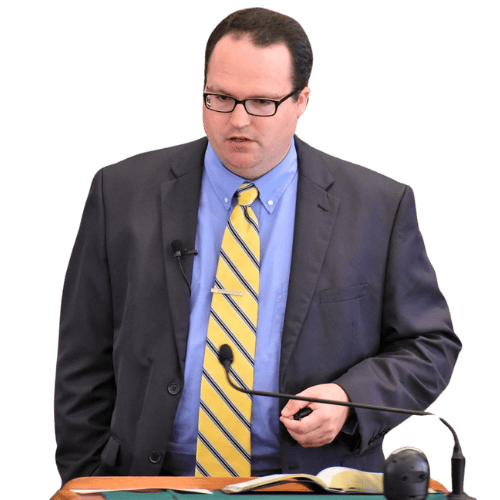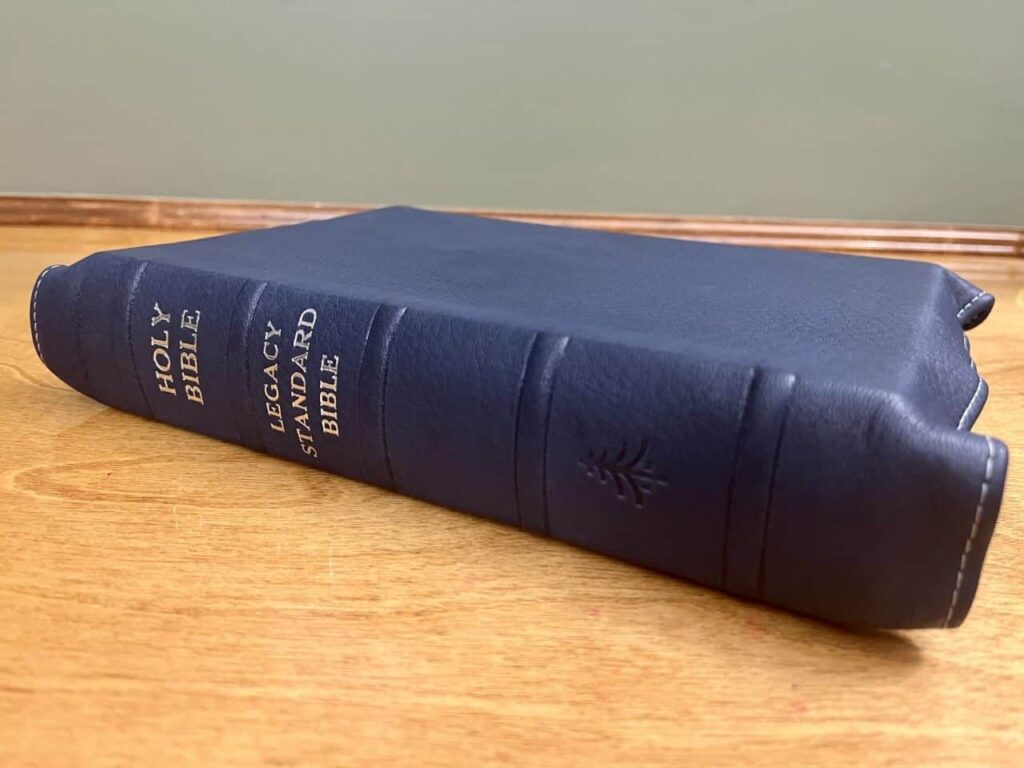Our Founder – Andy Cain
This is the place for consistent God-Centered, God-Honoring, and God-Glorifying biblical content.

Our Goals
To be God-Centered is to start with God, what He has said, and reason down to man. To be man-centered is to begin with man’s finite understanding and reason up to God thus making a god out of our own creation.
Here at God Centered Theology, we want to honor the name of Christ and not dishonor it. To honor Christ is to obey His commands and demonstrate holiness in our work.
Our final goal is to be God-Glorifying which means we do not rob God of any glory to keep it for ourselves. Soli Deo Gloria means that all glory alone goes to God alone.
Our Philosophy Of Ministry
Rome was not built in a day and any work we do will not begin at the end point. Seeds need time to grow and ideas and goals need to be adjusted. Therefore, we urge everyone to start small in scale. Keep your initial goals and tasks manageable as you process the early work. We all dream big and want to see growth in our ministry, but we have to start at a place based on our current abilities and resources.
If we never accomplish anything then it doesn’t matter if our goals are big or small. Without data to observe and scrutinize, any development or growth is merely a pipe dream. One has to be willing to succeed and fail to grow into greater maturity and efficiency. All the best-laid plans in the world will accomplish nothing if we never put forth genuine effort.
Once work has started using a proper scale, an evaluation can begin. Determining which items and areas are successful and which are not is key. Also, sometimes an item may not need to be discarded but adjusted. These decisions can be made over time as more work is accomplished.
Theological Triage
At God Centered Theology we believe all of the historical Christian doctrines found in Scripture. We understand that some doctrines are not as clear as others. In light of this, we attempt to practice Theological Triage to the best of our ability.
1st Order Issues
These are the doctrines that we would call “definitional” to the Christian faith meaning that when one calls themselves a “Christian” these are the minimum things they claim to believe.
1. Justification By Faith – One is not justified before God by works. They are justified by grace through faith.
2. Deity Of Jesus Christ – Jesus Christ was fully God and fully man. He was not a mixture of God and man. He did not cease to be God when he took on human flesh. He was the Creator of the universe that entered into His creation. Because of His Deity, He is uniquely qualified to make atonement for His people.
3. The Trinity – No human analogies correctly depict the Trinity. Scripture alone defines this doctrine. God is one eternal being that has no beginning or end. He never changes. He is eternal and self-existing. He has revealed Himself to exist in three distinct Persons who are co-equal and co-eternal. There are differing roles within the Trinity but there is always harmony among their actions.
4. Authority Of Scripture – We take the same view of Scripture as Jesus. It is the final rule of faith for the Christian and the church. We do not answer to a man, a council, a pope, a “church” or anything other than Scripture which is God-breathed and inerrant.
2nd Order Issues
These areas should be clear to someone when studying Scripture but will bring disagreements. These disagreements are what we typically see along denominational lines. Good Christians can disagree over something like the mode of baptism and remain in fellowship. However, when it comes to a local body of believers, you are either going to baptize infants or you won’t. Hence the division.
1. Mode Of Baptism – Immersion vs. Sprinkling. Believers only vs. infants included.
2. Lord’s Supper – How often? What to include? Who to include?
3. Women In Leadership – Does one include women as Deacons and Elders? Or, do they remain faithful to Scripture and reserve the role of Elder and Deacon for men?
3rd Order Issues
Not only can good Christians disagree on these issues, but should be able to remain in the same body of local believers. Their disagreements may hinder their fellowship to a degree, but should always affirm each other as fellow Christians. It is a sign of health in a church body when these issues can be taught, debated, and discussed to deepen one’s knowledge of God’s Word.
1. Eschatology – Nobody will agree on all aspects of Eschatology. In one church, multiple views can exist without division along fellowship lines.
2. Soteriology – Calvinism vs. Arminianism. Or, in today’s world, Calvinism vs. Provisionism. Good Christians can disagree in this area and maintain fellowship. A church can officially teach one or the other while tolerating other views in their midst.
3. Translation Choice – Cultic King James Onlyism should always be rejected and disciplined. However, if one prefers a particular translation to the exclusion of others that is perfectly fine as long as they do not demand the same from others.
More 3rd Order Issues could be mentioned. This will suffice for now.
2 Areas To Avoid In Theological Triage
1. Fundamentalism – This group raises every doctrine to the level of a 1st Order Issue. So, if you do not agree with them on every point of doctrine then you are somehow less of a Christian or not one altogether.
2. Liberalism – This group claims that no one can know anything for certain and that there are no clear 1st Order Issues. Everything is up for debate and up for one’s private interpretation and can’t be questioned.

Legacy Standard Bible
The Legacy Standard Bible is a wonderful new translation of God’s Word. Here at God Centered Theology, it is our primary translation for teaching.
Scripture quotations taken from the (LSB®) Legacy Standard Bible®, Copyright ©2021 by The Lockman Foundation. Used by permission. All rights reserved. Managed in partnership with Three Sixteen Publishing Inc. LSBible.org and 316publishing.com.